Imagining the Boomer world straying into suffocating moralism during the Pop Revolution would have seemed like a grotesque, if not outright ridiculous, mind game. Actually, it is a first-order puzzlement how such a terror of virtue could take hold of our political discourse and institutions. It is precisely this question that cultural theorist Catherine Liu addresses with the rise of the new ruling caste of the Professional Managerial Class—also known as the PMC. This caste is characterized by how it claims social privileges for itself in a sharp demarcation against the lower classes – or the deplorables, as Hillary Clinton referred to them. As an excellent stratagem, this hidden class struggle makes excellent use of symbolic currency as the capital Pierre Bourdieu so aptly described in his Distinction: A Social Critique of the Judgment of Taste. However, as ever-larger sections of the population fight for positions, privileges, and scarce resources, the question of how to succeed in the moral economy is brought into relief. An excellent way out of this dilemma is declaring oneself a victim or behaving as particularly virtuous – a role description that Catherine Liu so aptly analyzes in her Virtue Hoarders. What was so refreshing in our conversation with her was that she never risks losing herself in moral indignation – but instead carries out a class analysis in good Marxist fashion. Thus, she reveals the basic features of the moral economy while also showing the blind spots of this ideology of domination.
Catherine Liu teaches film and media studies at the University of California, Irvine, where she has also served as director of the UCI Humanities Center. Her 2021 book Virtue Hoarders was widely acclaimed, and she’s currently working on a book exploring the significance of trauma for the moral economy.
Catherine Liu has published
Related Content
Talking to ... Malcom Kyeyune
Occasionally, we must admit we belong to an older generation with worldviews shaped by our specific generational experiences. This, at least, was what crossed my mind while reading the text of a young Swedish writer considering the question of whether our present-day culture wars could be the result of an elite overproduction in the form o…
Im Gespräch mit ... Michael Andrick
Mögen die Klagen über die Einbuße an Liberalität und Toleranz, ja, über die Probleme der Cancel Culture unterdessen Legion sein, bleibt die grundsätzlichen Frage, was es mit der Hypermoralität auf sich hat, zumeist unerhellt. Genau hier aber setzt Michael Andrick an, der in seinem jüngst erschienenen Buch

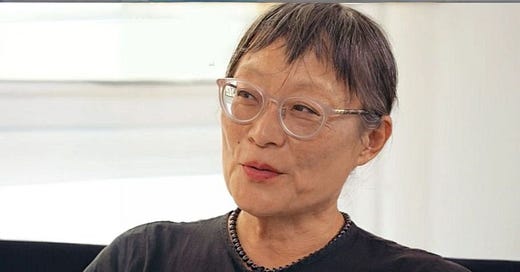




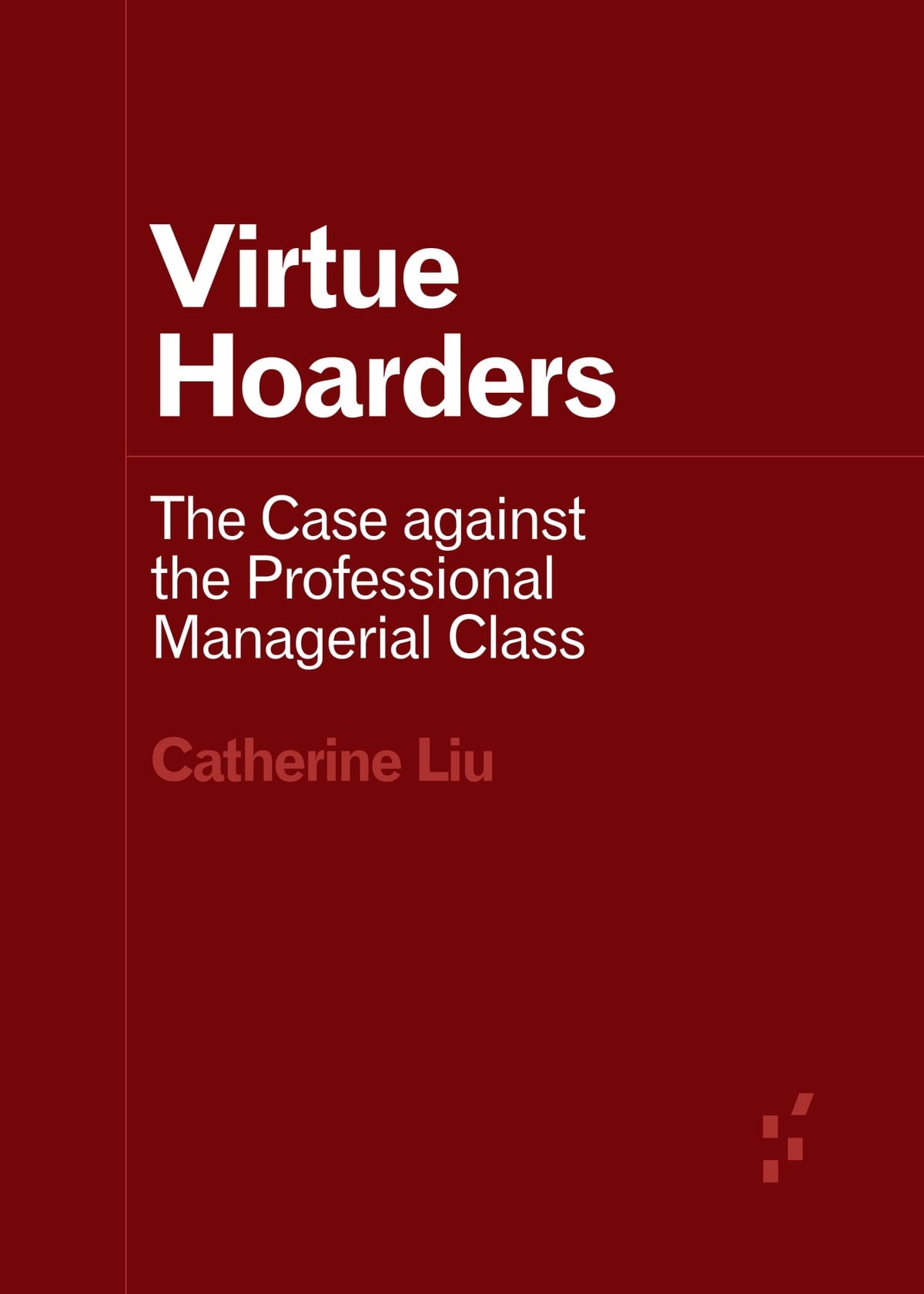

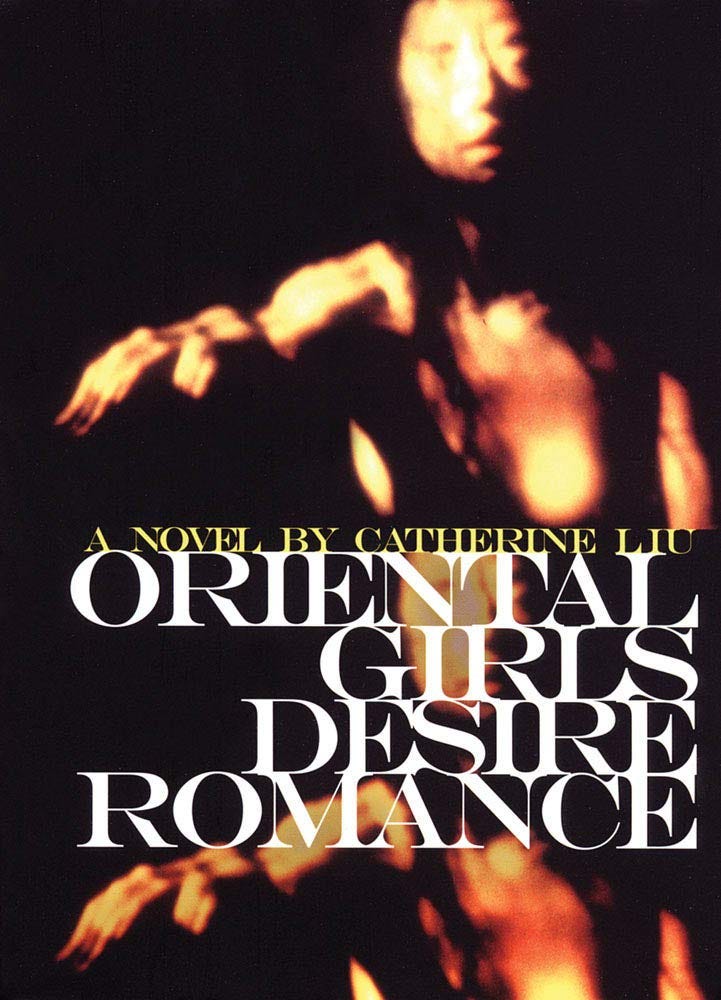


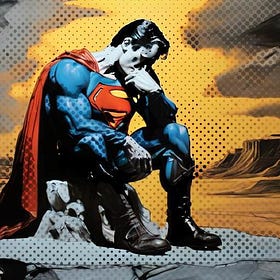
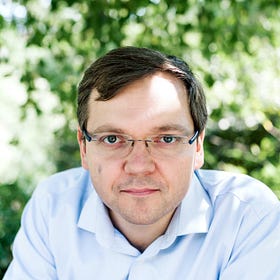










Share this post